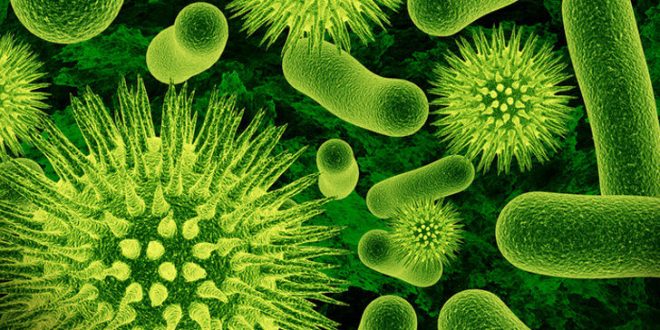Scientists at the University of British Columbia have discovered a peptide which can disrupt the way bacteria forming abscesses behave.
Abscesses are bacterial-induced lesions that are responsible for 3.2 million emergency room visits every year in the United States. Because antibiotics seldom work on them, standard treatment for abscesses involves cutting out the infected tissue or draining it.
“Abscesses can occur almost anywhere in the body, and antibiotics aren’t usually effective on them,” said senior author Bob Hancock, a professor in UBC’s department of microbiology, and senior author of the study published in EBioMedicine. “Our peptide offers a new strategy, because its mechanism is completely different from every known antibiotic.”
Hancock and his colleagues discovered that bacteria in abscesses are in a stress-triggered growth state. Using a synthetic peptide known as DJK-5, they were able to interfere with the bacteria’s stress response and heal abscesses in mice. The peptide was effective against two classes of bacteria, known as Gram-positive and Gram-negative bacteria, whose different cell-wall structures make them susceptible to different antibiotics.
“We’ve shown that all of the superbugs are susceptible to this peptide when under stress,” said Hancock. “We also showed that it actually works even better in the presence of antibiotics. By combining antibiotics with the peptide there is a much lower chance of getting resistance, because you’ve got two agents that act in different ways.”
Previous research by Hancock showed how a peptide could be used to prevent bacteria forming biofilms on surfaces of the body. This latest research demonstrated their ability to work on a completely different type of infection as well.
Hancock said he hopes to begin clinical trials on human infections within a year.
“Bacterial Abscess Formation Is Controlled by the Stringent Stress Response and Can Be Targeted Therapeutically” appears online in EBioMedicine.
Agencies/Canadajournal
 Canada Journal – News of the World Articles and videos to bring you the biggest Canadian news stories from across the country every day
Canada Journal – News of the World Articles and videos to bring you the biggest Canadian news stories from across the country every day



